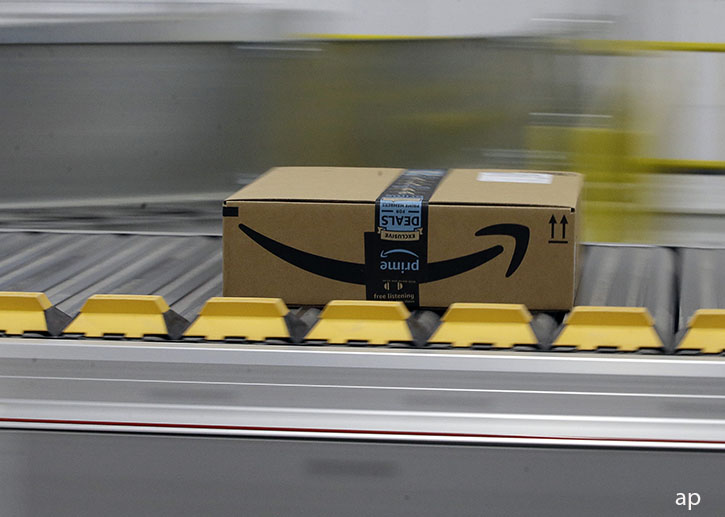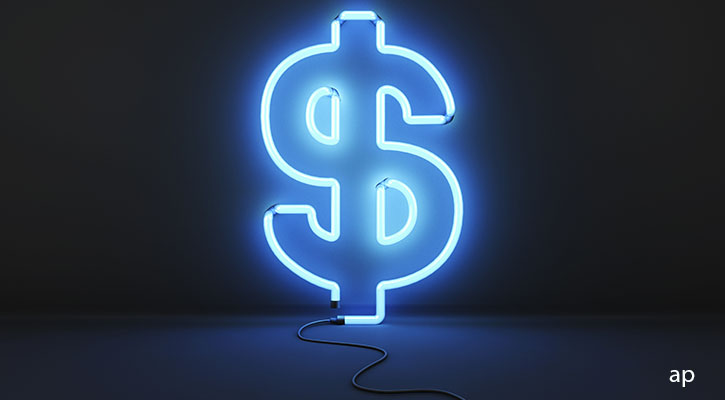A key challenge faces the oil majors: Replacing reserves is becoming increasingly difficult. To be sure, there's a lot of oil left in the world, but finding low-cost barrels has never been harder, in no small part because many governments now don't allow Western companies access to their resources.
Outside of Russia, ![]() BP (BP) produced the equivalent of 900 million barrels of oil and gas in 2012; this represents the level of reserves it needs to book annually in order to prevent reserves from declining. But there simply are not this many barrels of conventional (that is, low-cost) oil and gas reserves annually accessible to BP. This has forced the majors to increasingly focus on nonconventional resources - deep-water, oil sands and shale gas, for example. Therefore, at a given level of oil prices we’d expect BP's future returns to be lower as nonconventional resources are typically costlier to develop and produce this is one of the key reasons BP’s finding and development costs have been rising in recent years.
BP (BP) produced the equivalent of 900 million barrels of oil and gas in 2012; this represents the level of reserves it needs to book annually in order to prevent reserves from declining. But there simply are not this many barrels of conventional (that is, low-cost) oil and gas reserves annually accessible to BP. This has forced the majors to increasingly focus on nonconventional resources - deep-water, oil sands and shale gas, for example. Therefore, at a given level of oil prices we’d expect BP's future returns to be lower as nonconventional resources are typically costlier to develop and produce this is one of the key reasons BP’s finding and development costs have been rising in recent years.
BP still has a long way to go before settling the remaining liabilities from the Macondo oil spill in 2010. In all likelihood it will be a multiyear process. Currently, we forecast $28 billion in remaining cash outflows after tax. It’s worth noting that the uncertainty surrounding BP’s Macondo exposure is very high. Any projection made today including ours is likely to be well off the mark. What we can say is that BP is well prepared to settle Macondo liabilities if oil prices remain high. The biggest risk we see is a prolonged period of lower oil prices; extinguishing its remaining Macondo liabilities could indeed stretch its balance sheet if oil prices decline toward $70 per barrel or lower.

BP’s exposure to Russian oil via Rosneft will provide lower cash dividends than TNK-BP its prior Russian venture and is inherently risky. Positively, BP’s Russian exposure has fallen, and its Rosneft stake accounts for less than 10% of our valuation. At the same time, BP’s Russian reserves have increased, and the potential resources Rosneft controls in Russia are truly enormous. The company’s Rosneft stake surely is a high-risk/high-reward venture.
BP's competitive advantage relies mostly on its exploration and production activities that are part of its upstream operations. The company benefits from owning high-quality production assets and possessing skills and expertise developed through decades of exploration and production. Its financial clout provides BP with opportunities most oil and gas producers are unable to pursue. With its large operating cash flows, the company can maintain capital spending through commodity price cycles, even in light of the additional costs it will incur from Macondo. The company remains highly leveraged to the price of oil (roughly 90% of production is tied to oil prices), and therefore benefits from the oil producing nations' ability to maintain a floor in oil prices. Although not the major source of its narrow competitive advantage, BP has one of the best-positioned refining footprints among the oil majors. Of its three U.S. refineries, two are in the Midwest - Toledo and Whiting - and stand to benefit from cost-advantaged crude and low-cost natural gas for the foreseeable future.
The integrated oil and gas model now faces much more challenging competitive dynamics, which we believe are eroding the competitive advantage of BP and the other oil majors. Although BP still possesses many competitive advantages--a very large portfolio of oil and gas resources, size/scale, and so on--we expect that on average each new barrel of oil and natural gas production will generate a lower return than the legacy barrels lost each year to natural field declines. Stated another way, for a given level of energy prices, we expect BP's returns on capital to decline as new reserves are increasingly costlier to develop and produce. This is because fewer low-cost conventional oil opportunities exist, pushing BP and the other majors into higher-cost oil plays or increasingly toward natural gas. Further, rising resource nationalism means governments are now capturing a greater portion of the economic rents from global oil and gas production.
BP's profits and cash flow are largely tied to hydrocarbon production and are highly leveraged to movements in the price of oil. Periods of prolonged low oil prices weaken returns on capital and new oil and gas projects would be unlikely to generate their projected economic results. BP employs huge amounts of capital in building out its production portfolio, and cost overruns and/or completion delays are continued sources of uncertainty. Going forward, greater reliance on highly technical projects is likely to increase these risks.
The Macondo oil spill created an extraordinary need for capital, leading BP to shrink itself considerably in order to raise $38 billion via divestments. Combined with the additional $12 billion in cash netted from selling its TNK-BP stake, BP for now is again on sound financial footing. The company has multiple cash needs beyond the oil spill, including $22 billion to $25 billion in capital expenditures (net of divestments), an $8 billion share repurchase program, and plans to grow its dividend as much as possible in the coming years.

























